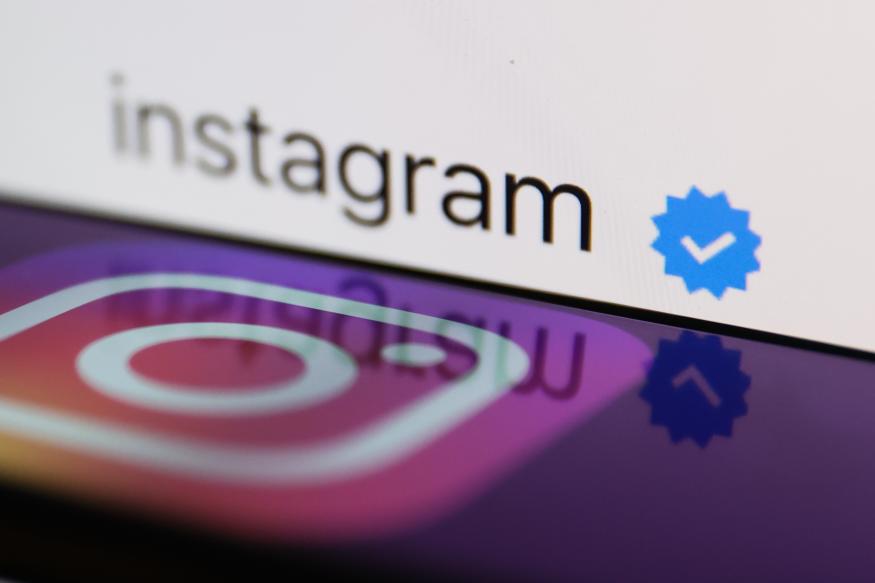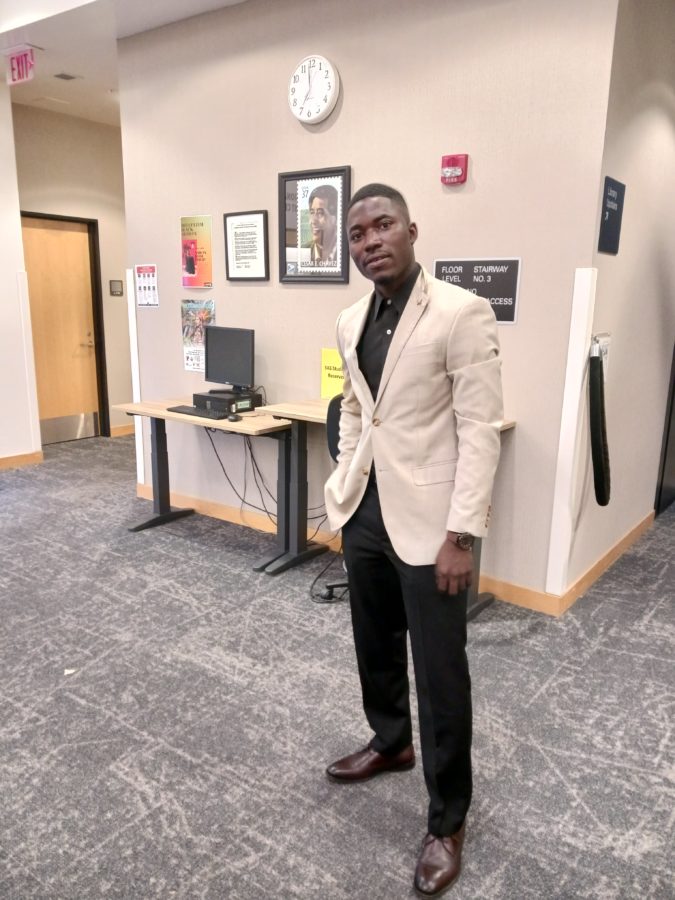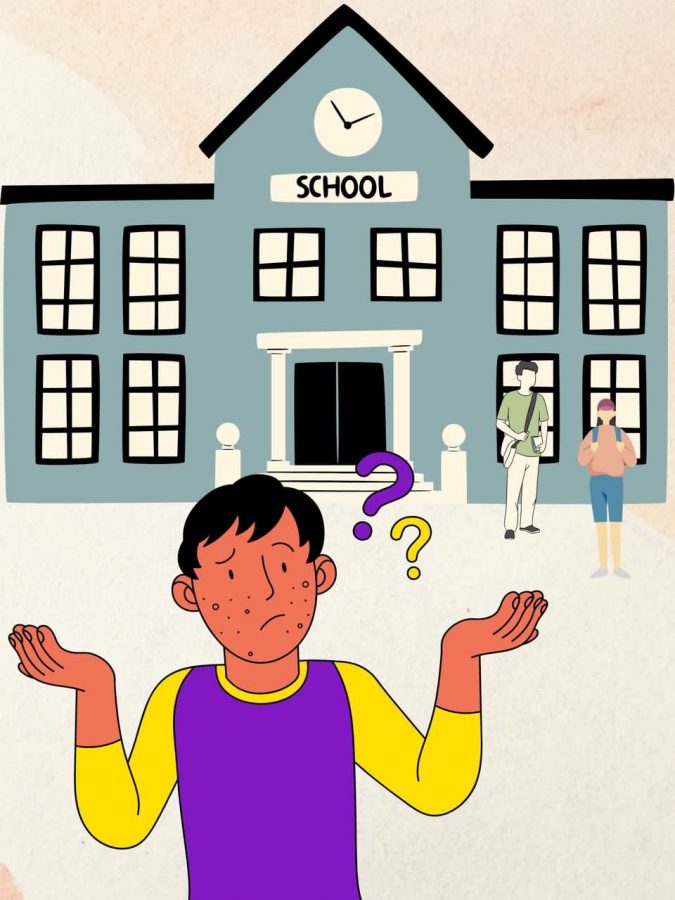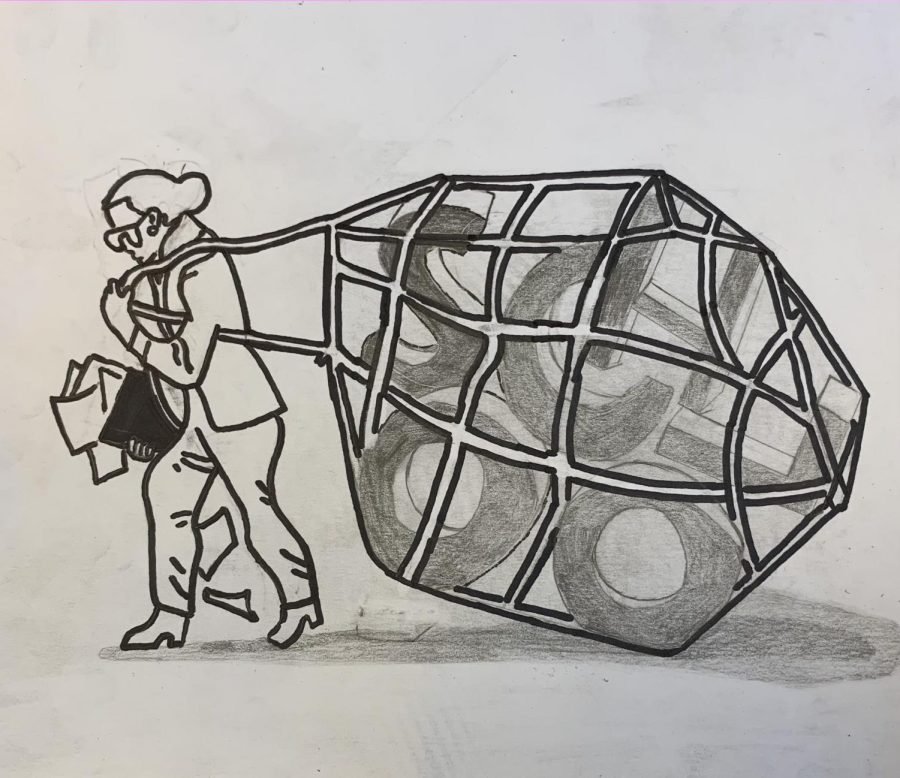The connected age of the Internet and social media has made it easier than ever to latch on to celebrities and idolize their behavior. It is hard to ignore the scandals that follow the famous and glamorous.
One young celebrity surrounding himself with controversy is Canadian pop artist Justin Bieber, a former YouTube sensation discovered in 2008.
Bieber exploded onto the music scene and his songs became incredibly popular with young adults and teenagers, many of whom are willing to overlook his legal troubles.
When he was arrested Jan. 23 for driving under the influence and resisting arrest, a breathalyzer test showed the young man’s blood contained traces of not only alcohol, but also Xanax and marijuana, according to the Miami Herald.
A role model is defined as someone we can look up to, a person whose footsteps we can follow. Some role models are exemplary, while others are disappointing.
Bieber is not a good role model. He has violated the law numerous times, and young, impressionable fans are more than willing to overlook his transgressions.
From illegal street racing to abusing drugs, Bieber’s fans support him at every turn.
They claim that he is only 19 years old and going through a difficult period in his life. Any other reckless, underage driver under the influence would not expect the same treatment Bieber received.
People who defend irresponsible role models claim that these individuals did not intend to become idols, and numerous celebrities agree that they never planned on becoming examples of exemplary behavior.
These celebrities feel they should be able to live free of the scrutiny they are under, free to commit crimes and avoid the shame and judgment of others while still remaining in the limelight.
That is not how fame works. You cannot live with the adoration of millions and expect them to turn a blind eye to your misdeeds.
Celebrities are held to a higher standard than the rest of society. They are scrutinized, and if their behavior is dangerous, the people have a right to know.
Bieber’s behavior was dangerous in the past and continues to be dangerous today. His driving could have killed somebody had they been unlucky enough to walk the streets of Miami while the teen star experimented with drugs and high speeds.
We supported Bieber, even after he started his slow, downward turn, breaking the same laws we abide by and expecting to get a smack on the wrist instead of a just punishment.
We should not allow future generations to see that this reckless behavior is rewarded. The best way to achieve this, strangely enough, is to not pay attention to it.
Personalities such as Bieber thrive off of attention, and depriving them of that spotlight is the best way to curb their appetite for it.
We have a responsibility to those fans. We owe it to them to be more careful in the influences and artists we promote.
By cutting these celebrities off from their fans, we can return them to the real world, where they can start abiding by the same rules and ethics that bind us together.






